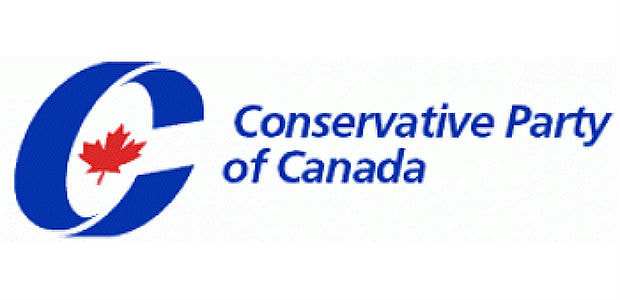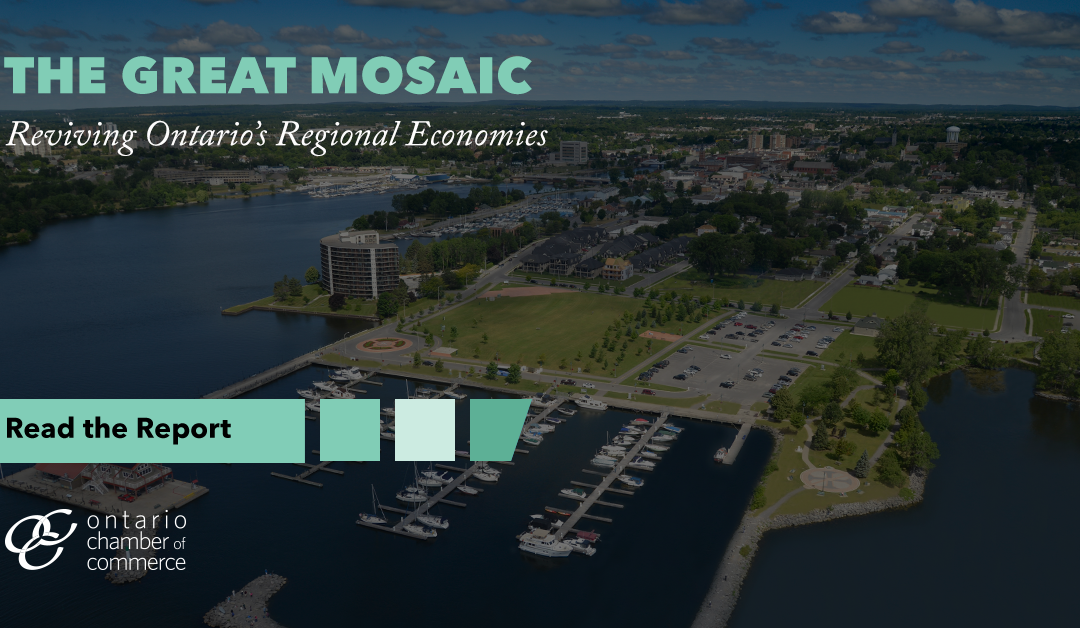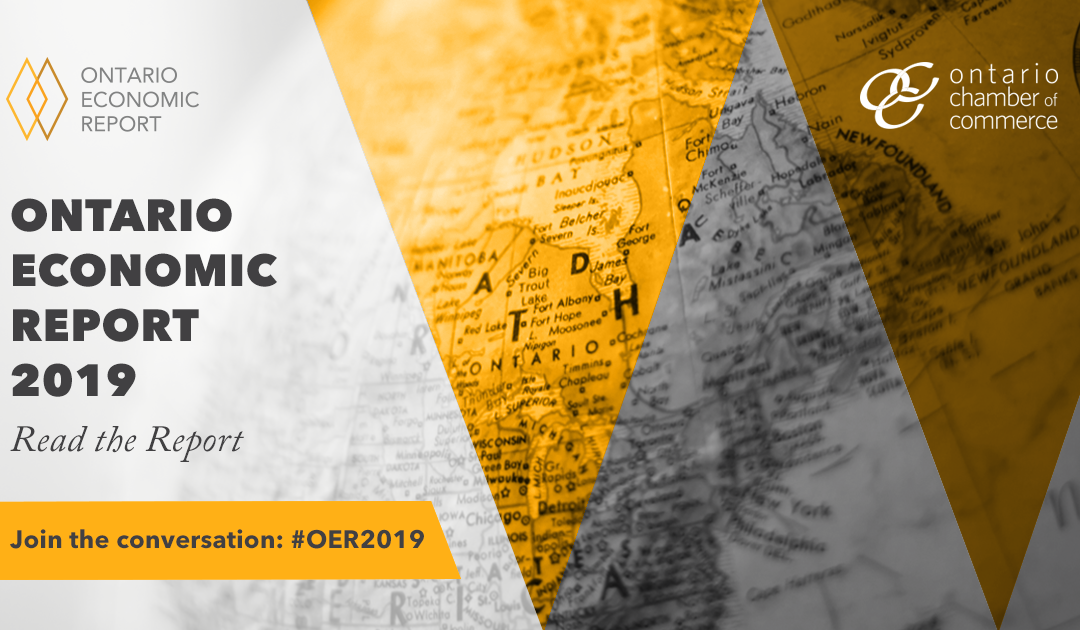
Federal Election 2019
Election Day is October 21, 2019
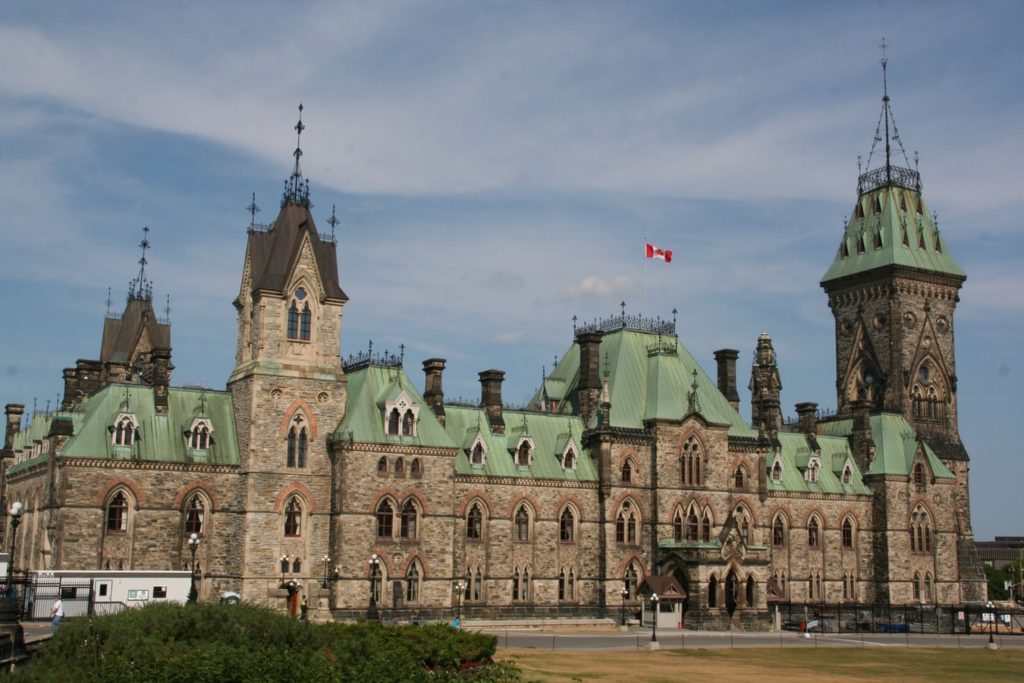
The Candidates
Burlington Riding
Oakville North-Burlington Riding









Economic and Business Debates

Register here.
The Two Ridings of Burlington
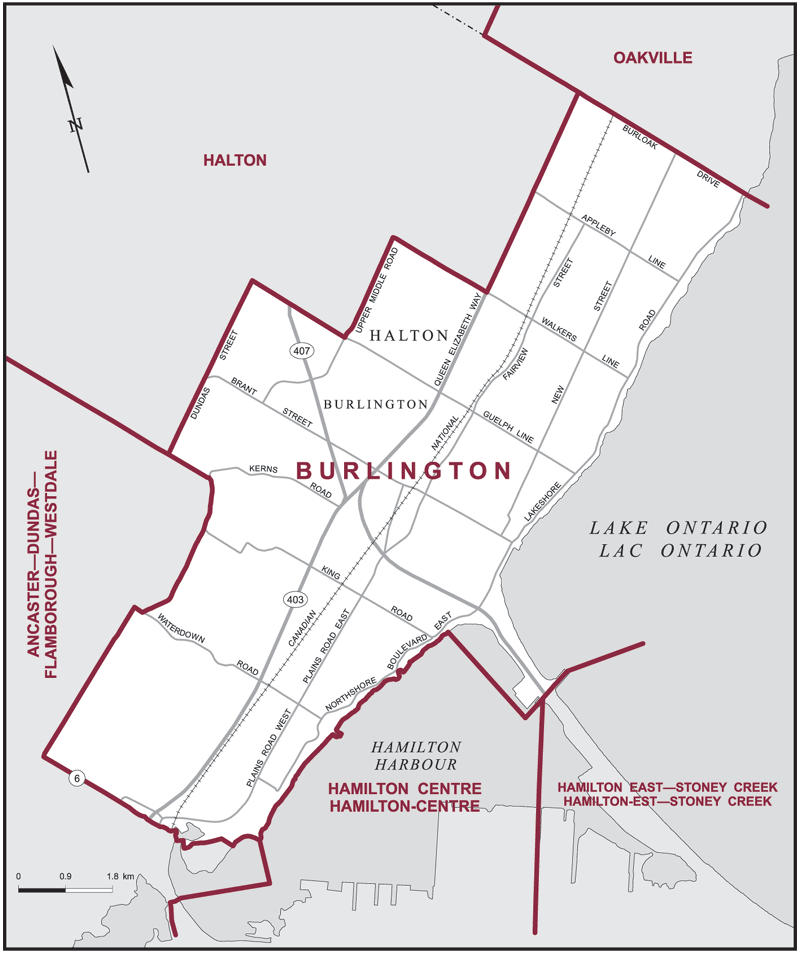
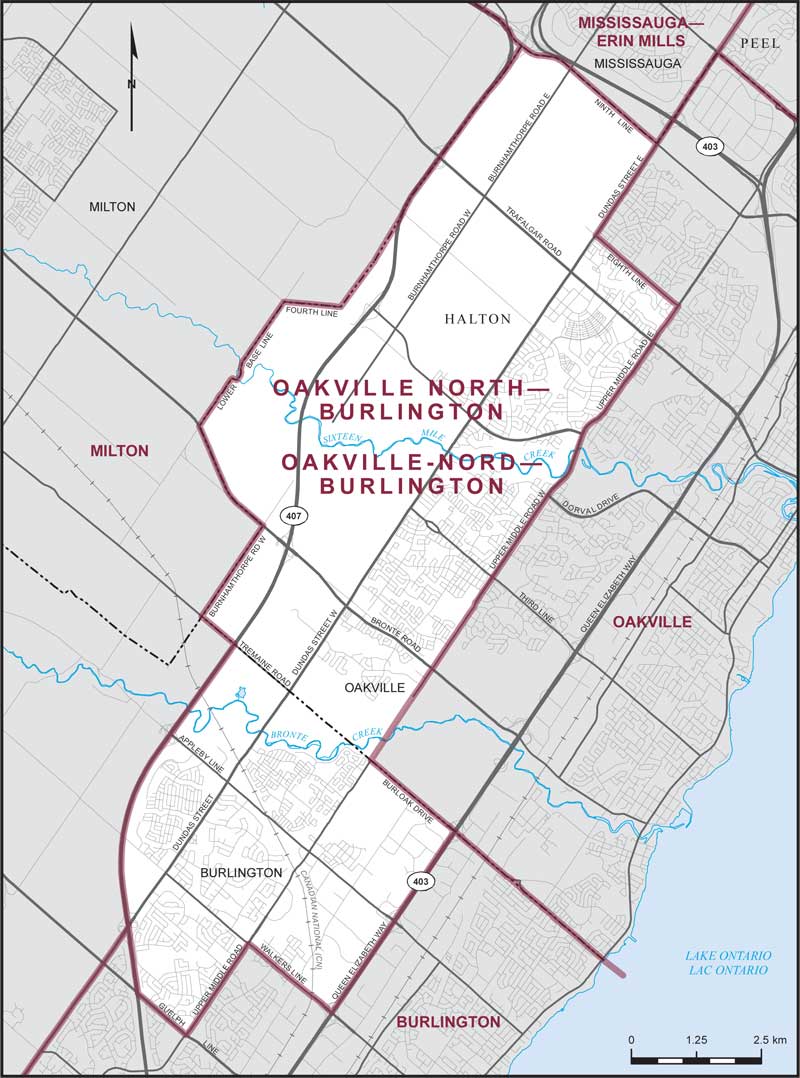
Party Platforms
Business Platform

Election Day is October 21, 2019.
Vote Prosperity reflects the priorities and concerns of job creators in communities across Canada. Developed in partnership with Canada’s provincial and territorial chambers of commerce, Vote Prosperity lays out our seven priorities, along with a series of specific measures to attract investment to Canada, and help businesses create jobs, grow and strengthen our communities.
Within the seven priority areas there are a total of 18 recommendations on how to achieve prosperity and bolster Canada’s long-term economic future and competitiveness.
Seven Priorities and Recommendations
1. Taxation
A tax system that is fair, efficient and modern.
- Appointing a royal commission to conduct a comprehensive review of the Canadian tax system guided by the principles of tax competitiveness, simplicity and fairness.
- Adjusting the tax mix to better promote business investment, including offshore investment and economic growth.
- Presenting a concrete plan, with timelines, to return the federal books to balance.
2. Regulation
A regulatory system that works for everyone…including business.
- Giving regulators economic growth and competitiveness mandates.
- Implementing a 2-for-1 rule to require the elimination of two regulations for every new one introduced over the next five years.
- Creating a Minister of Regulatory Efficiency responsible for regulatory oversight at the Treasury Board to lead an ambitious federal regulatory reform agenda.
- Providing compensation to major project proponents and Indigenous communities that lose economic opportunities when projects cannot proceed because the Crown or its agencies fail to discharge their legal responsibilities.
- Allowing First Nations to extricate themselves from aspects of the Indian Act via a Band Council resolution and the support of a clear majority of band member.
3. Trade
Access to new markets around the world and the elimination of trade barriers at home.
- Completing negotiations with Mercosur and Pacific Alliance in the Latin American region.
- Accelerating the process for additional countries to join the Comprehensive and Progressive Agreement for Trans-Pacific Partnership (CPTPP).
- Launching negotiations with the Association of Southeast Asian Nations (ASEAN).
- Tackling foreign industrial subsidies so Canadian companies can compete on a level playing field at home and abroad. Protecting and expanding trade opportunities with the United Kingdom after its departure from the European Union.
- Enhancing labour mobility and increasing the scope of mutual recognition of professional qualifications at home and abroad.
- Promoting trade facilitation measures to ease the movement of goods across the border.
- Developing a Canadian position in support of cross-border data flows in bilateral and multilateral trade agreements.
- Tackling non-tariff barriers, particularly in the agriculture sector.
- Developing concrete plans with clear timelines for creating the necessary infrastructure to get Canadian energy products to global markets.
- Working with the provincial and territorial governments on the mutual recognition of regulations, rules and policies to allow for the free movement of labour, goods and services in Canada
- Conducting a full review of the Canadian Free Trade Agreement (CFTA) to ensure it:
- Covers all sectors of the economy and includes all government entities, including ministries, Crown corporations and regional and local governments
- Institutes a dispute resolution mechanism that includes binding and enforceable powers.
- Includes a specific focus on the removal of barriers to interprovincial trade in wine, beer and spirits.
- Includes the elimination of non-tariff regulatory trade barriers through mutual recognition.
4. Small Business
Resources to help small and medium companies grow and succeed.
- Providing sector-by-sector analyses of free trade agreements (rather than agreement-by-agreement) and communicating them widely.
- Providing high-potential SMEs with access to experts to help them navigate the relevant markets.
- Ensuring federal programs and interactions with business align with and respect small business realities.
- Conducting an independent service delivery audit of the Canada Revenue Agency, targeted at identifying and eliminating the compliance, audit and communication problems small businesses face in dealing with the agency.
5. Connected Canada
Innovation and infrastructure to make Canada the most connected country in the world.
- Embracing a more nimble, flexible and evidence-based approach to regulating new technologies in the digital age.
- Recognizing the need to promote and strengthen Canada’s ability to capitalize on intangibles, like intellectual property.
- Working with businesses to create an environment that is attractive to investors and innovators both from abroad and at home.
- Improving access to high-speed networks in underserved communities.
- Prioritizing the auction of the 3,500-megahertz spectrum so Canadians can take advantage of 5G networks.
- Accelerating the pace of mmWave spectrum allocation so businesses can use the power of the internet of things (IoT) for logistics and other industrial purposes.
- Enhancing the digitalization of government, including more user-focused services that reduce administrative burdens on business.
- Closing the gap between infrastructure demand and investment in Canada by maintaining current levels of federal infrastructure funding and making economic growth and productivity, not politics, the criteria for project selection.
- Allocating a greater share of funding in federal infrastructure plans towards trade-enabling infrastructure projects throughout Canada.
6. Skills
A workforce with the skills, education and training to prosper.
- Working with business to ensure government re-training programs meet the demand for skills required for the economies of today and tomorrow.
- Working with business and other levels of government to ensure primary and secondary education includes the skills necessary for our evolving economy, including the soft and hard skills required to thrive in a world of increased automation and globalization.
- Supporting private sector upskilling/re-skilling initiatives.
- Expanding work-integrated learning (WIL) opportunities by:
- Broadening the definition of WIL to include a wide range of experiences across fields, regions and participants.
- Providing more accessible funding supports, such as refundable tax credits, employment insurance premium reductions and more flexible grant programs, to SMEs and organizations that have not previously offered work placements
- Replicating the Atlantic Immigration Pilot Project outside of major urban centres across the country.
- Ensuring the Indigenous workforce has the skills required to meet local labour shortages.
7. Pharmacare
A healthier pharmacare system for healthier Canadians.
- Building on the strengths of the existing system without reducing or replacing the coverage already enjoyed by most Canadians.
- Consulting with private sector stakeholders (including benefits providers, pharmaceutical companies and health care practitioners) when designing and implementing a national program to prevent unintended consequences, such as loss of access to medicines.
- Ensuring the costs of any new program are not passed on to businesses/employers.
- Ensuring any new program addresses coverage for rare diseases and other high-cost medications.
- Fostering an investment and regulatory environment that encourages clinical trials in Canada by applying our competitive advantages in artificial intelligence and big data to health innovation.
- Ensuring our businesses have continued access to health data to improve health outcomes as well as government funding that goes beyond early science for both medications and devices.
Learn more about the Prosperity Platform


